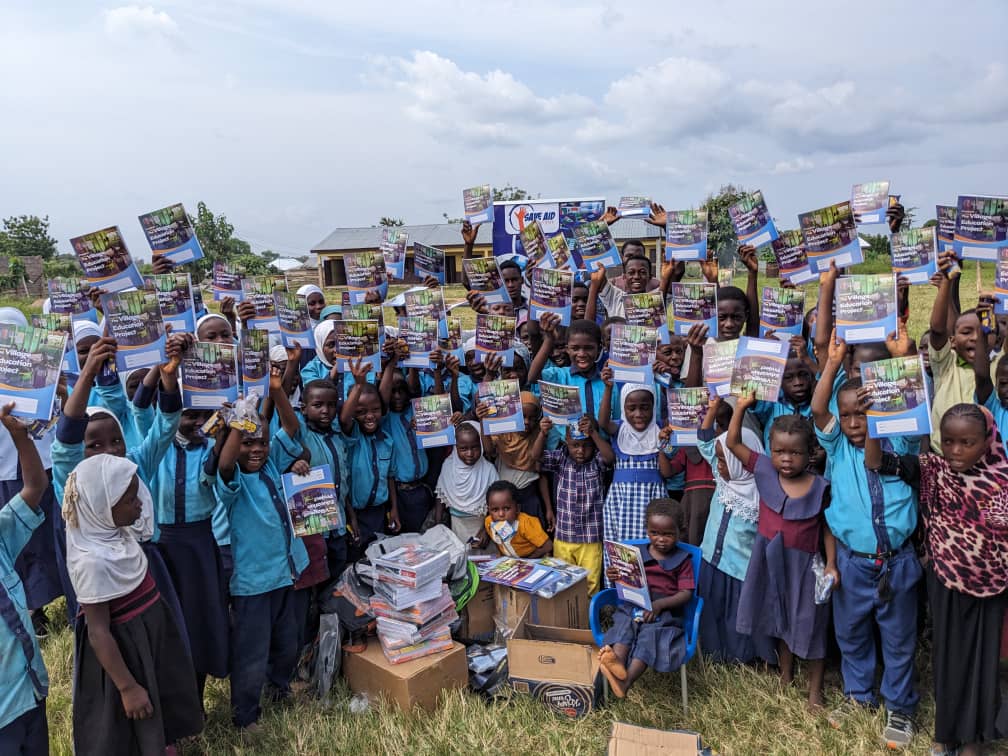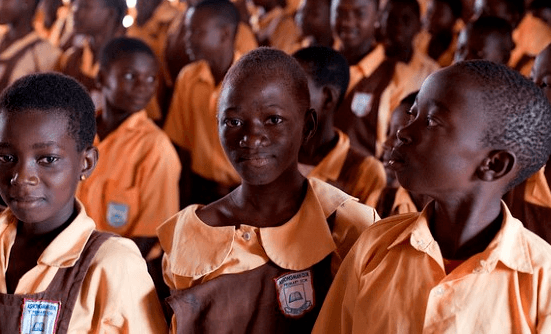
Inconsistent supply of iron and folate supplements, misconceptions, and cultural beliefs remain challenges confronting the school-based iron and folic acid (IFA) supplementation programme in Ghana.
Despite the challenges the program has achieved a reduction in the prevalence of anemia among girls from 48% in 2014 to 44% in 2022.
Adolescence is a critical period of growth, and good health and nutrition are essential for development. However, in Ghana, many adolescents face malnutrition, which leads to stunting, poor health, unintended pregnancies and anemia which compromise their education and future.
Ghana started implementation of the school-based iron and folic acid (IFA) supplementation programme in 2017 with 3 regions to reduce anemia prevalence among adolescent girls through a weekly distribution of iron and folic acid tablets in schools.
Currently, the programme is running in all 16 regions with over 2.5 million young girls as beneficiaries. They are between the ages of 9 and 19 years.
Director for Family Health Division at the Ghana Health Service, Dr. Marian Okoh-Owusu said anemia in women can cause death.
“It would interest you to note that in Ghana, one of the top causes of mortality among women, that is maternal mortalities- women who die related to pregnancy, is postpartum hemorrhage. Interventions to reduce anemia among girls will ultimately lead to low prevalence of anemia among women who become pregnant, and then in the long term, women will now have lower prevalence of anemia at the time of delivery, and then it will contribute, ultimately to reducing postpartum hemorrhage and also reducing maternal deaths. And this is true, and I believe that we can achieve this by ensuring that we are able to scale up,” she said.
The challenges remain enormous, including insufficient funding which has hampered the scaling-up to all schools and sustainability of the programme.
At the dissemination of findings and recommendations from the 2022 Girls Iron Folate Supplementation Programme (GIFTS) discussions focused on lessons learnt, best practices, and recommendations to enhance the programme and inform scale-up.
The post Cultural believes, others affect smooth running of school-based iron and folic acid supplementation programme first appeared on 3News.
Read Full Story











Facebook
Twitter
Pinterest
Instagram
Google+
YouTube
LinkedIn
RSS